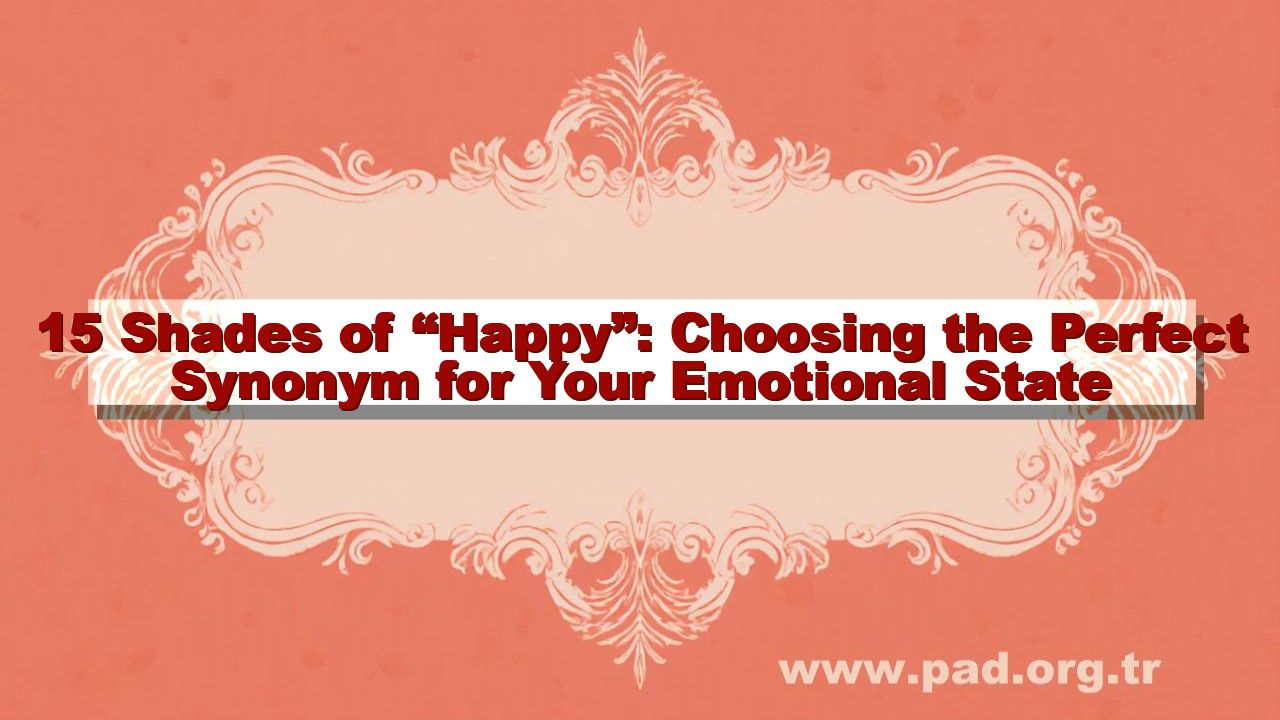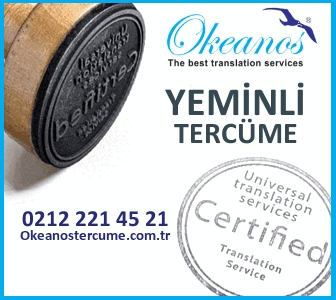Let’s be real: saying you’re “happy” is fine, but it’s the linguistic equivalent of using the color beige to paint every single emotion you have. You deserve better than beige! The reason we need more than one word for this feeling is simple: there is a universe of difference between the quiet satisfaction of finishing a tough workout and the sheer, buzzing excitement of getting a huge promotion. The trick to choosing the perfect synonym is understanding the intensity, the duration, and the source of your feeling. Do you feel intensely happy because of a specific event? You’re probably elated. Are you generally and calmly satisfied with your life? You are content. Learning these subtle shifts in emotional state vocabulary is the fastest way to make your writing instantly more relatable and human, which should always be your main goal. I personally used to just say I was “happy” about everything until a friend pointed out that my “happy” after a nap sounded exactly the same as my “happy” after winning a raffle, which made me realize I needed to step up my game.
Mapping the Spectrum of Joy: Intensity and Duration
The English language gives us a wealth of words to describe joy, and we can group them loosely based on how high your energy is and how long the feeling is expected to last. Since that is the case, you shouldn’t use a word like ‘euphoric’ to describe your feeling about finding a parking spot, nor should you use ‘pleased’ to describe your wedding day. To master these shades of “happy,” we have to look past the dictionary definition and dig deep into the word’s inherent vibe.
Due to the fact that intensity and duration are the two core metrics for choosing the right synonym, we can break down 15 words into three clear zones that represent the full spectrum of a positive emotional state. This provides a framework for every situation you might encounter, from mundane victories to life-altering triumphs. When you see a word listed here, you should try to mentally picture the scenario where that word would be the only correct choice, because that exercise in visualization is how you achieve true word choice mastery.
Zone 1: The High-Octane, Short-Burst Synonyms
These are the words you pull out when something immediate and spectacular happens. They signal a peak, often temporary, state of excitement or triumph:
- Ecstatic: Overwhelming, almost manic joy. (e.g., discovering you won the lottery.)
- Elated: Intense happiness and excitement, usually from a success or achievement. (e.g., getting a scholarship.)
- Jubilant: Expressing great joy and triumph, often public or communal. (e.g., celebrating a major team victory.)
- Thrilled: Extremely excited and happy, often in anticipation of something. (e.g., being told you’re going on vacation tomorrow.)
- Euphoric: An intense, often unrealistic, state of well-being and happiness. (e.g., the feeling after a huge personal breakthrough.)
Zone 2: The Warm, Steady-State Synonyms
These words are perfect for describing a more sustained, peaceful, and fundamental sense of well-being. They focus less on the spike and more on the serene baseline of a positive emotional state:
- Content: A quiet, satisfied ease; not wanting more or needing change. (e.g., sitting quietly with a book and a cup of tea.)
- Serene: Calm, peaceful, and untroubled happiness. (e.g., watching a sunset after a long, productive day.)
- Fulfilled: Feeling satisfied because one has achieved their potential or desire. (e.g., finishing a long-term project you cared about.)
- Blissful: A state of perfect happiness, often deeply peaceful or innocent. (e.g., holding a newborn baby or finally relaxing on a beach.)
- Pleased: Happy or satisfied about a specific, smaller event or outcome. (e.g., being pleased with a meal or a test grade.)
Zone 3: The Light and Lively Synonyms
These words convey happiness that is expressed outwardly, often playfully, or simply represents a cheerful disposition. They show you are “in a good mood” and ready to engage with the world:
- Cheerful: Visibly happy and optimistic, a bright disposition. (e.g., a person who is always smiling and greeting others.)
- Buoyant: Lighthearted and resilient, tending to float above troubles. (e.g., having a buoyant attitude despite a small setback.)
- Gleeful: Exuberant, often playful or mischievous delight. (e.g., children gleeful over a surprise party.)
- Mirthful: Full of merriment, often accompanied by laughter. (e.g., a group telling funny stories and being mirthful.)
- Jovial: Cheerfully friendly and festive, often used to describe a person’s general character. (e.g., a jolly, jovial host at a party.)
Because mastering all these different shades of “happy” requires time and careful observation of their use in context, you should focus on correctly identifying the intensity before choosing the word. You can see how choosing one word over the other—for instance, choosing elated instead of content—completely shifts the reader’s understanding of the character’s internal experience. This level of precise word choice mastery is what turns good writing into great writing.
By late 2025, we are seeing a marked increase in the use of the lower-intensity synonyms in professional and self-help content, likely as a counter-reaction to the endless cycle of online hyperbole. Terms like “content” and “serene” are gaining significant traction as writers shift focus from extreme, aspirational “happiness” to sustainable, realistic well-being. The emphasis is on long-term satisfaction over short-term thrills, leading to greater precision in describing a quiet emotional state. This change means that if you use an extreme word like “ecstatic” today, your reader expects the event you’re describing to be genuinely massive, not just slightly good. Due to the fact that readers are actively seeking authenticity, using a smaller word like “pleased” or “glad” often feels more trustworthy than always reaching for “overjoyed.”


